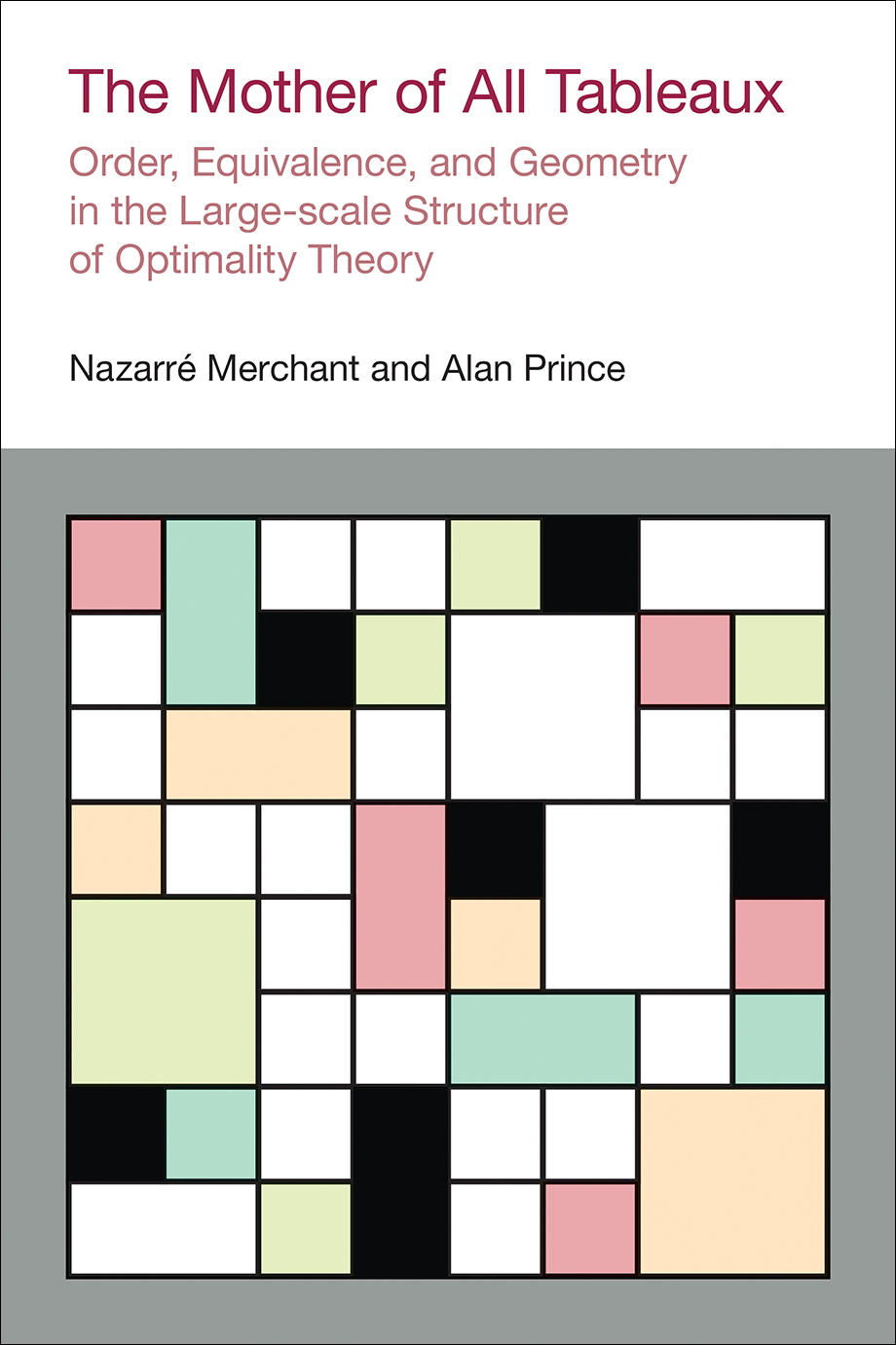Advances in Optimality Theory
Vieri Samek-Lodovici [+–]
University College London
Email The Series Editor
Birgit Alber [+–]
Free Univerity of Bozen-Bolzano
Email The Series Editor
Consultant Board:
Judith Aissen University of California, Santa Cruz Daniel Büring University of Vienna Gisbert Fanselow University of Potsdam Jane Grimshaw Rutgers University Géraldine Legendre Johns Hopkins University John J. McCarthy University of Massachusetts, Amherst Alan Prince Rutgers University Paul Smolensky Johns Hopkins University Donca Steriade MIT Moira Yip, University College London
Optimality Theory is an exciting new approach to linguistic analysis that originated in phonology but was soon taken up in syntax, morphology, and other fields of linguistics. Optimality Theory presents a clear vision of the universal properties underlying the vast surface typological variety in the world’s languages. Cross- linguistic differences once relegated to idiosyncratic language-specific rules can now be understood as the result of different priority rankings among universal, but violable constraints on grammar.
Advances in Optimality Theory is a new series designed to stimulate and promote research in this provocative new framework. It will provide a central outlet for the best new work by both established and younger scholars in this rapidly moving field. The series includes studies with a broad typological focus, studies dedicated to the detailed analysis of individual languages, and studies on the nature of Optimality Theory itself. Contributions in phonology, morphology, syntax, semantics, and other fields are welcome. The series publishes theoretical work in the form of monographs and coherent edited collections as well as pedagogical texts and reference texts that promote the dissemination of Optimality Theory.
Latest Book







